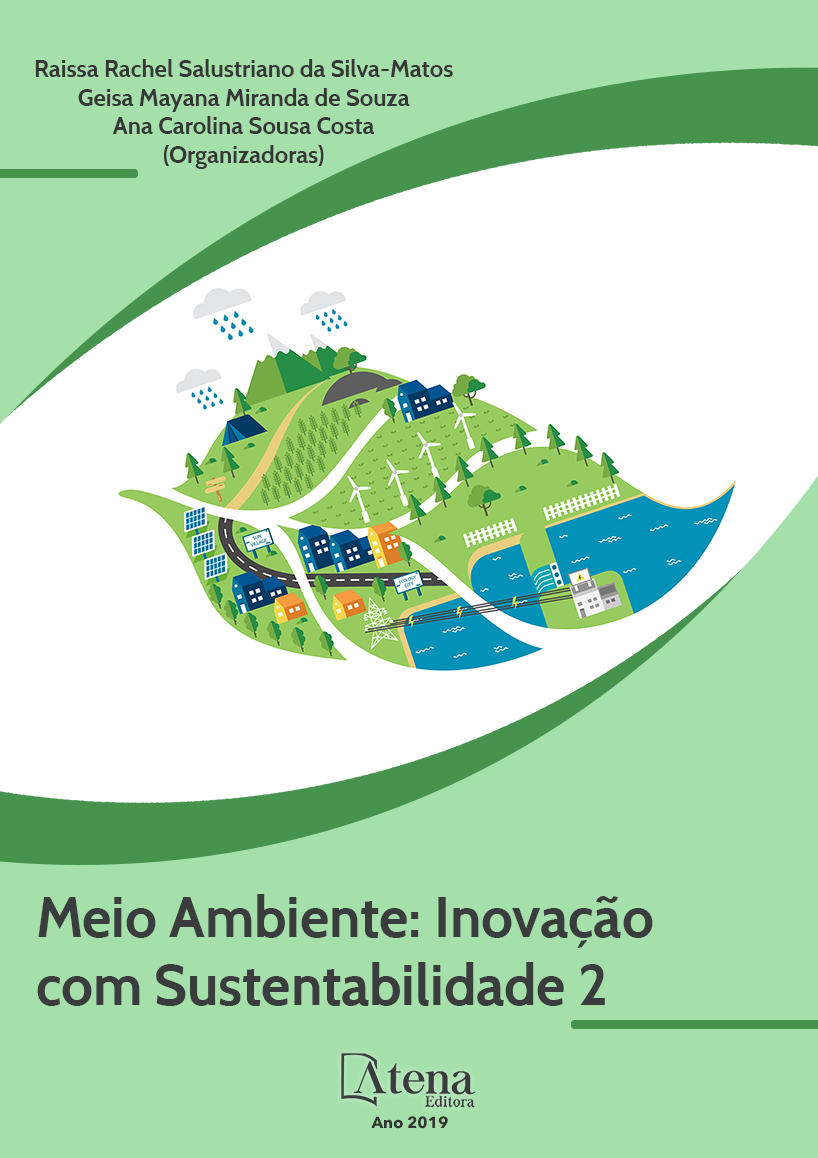
EDUCAÇÃO AMBIENTAL: UMA REFLEXÃO INTERDISCIPLINAR DE ALUNOS DO 6° ANO
A educação ambiental visa
estabelecer um equilíbrio entre sociedade e
natureza, de forma que os cidadãos se tornem
conscientes de suas atitudes. A abordagem
interdisciplinar é fundamental para interligar
várias competências de forma coesa e
acessível para todos. Nesse sentido esse
trabalho busca promover a sensibilização
da comunidade escolar para a prática da
reutilização e reciclagem; destacando sua
importância para o meio ambiente. A pesquisa
foi desenvolvida com 47 alunos do 6º ano do
Ensino Fundamental de uma escola privada do
município de Ananindeua, e teve um caráter
qualitativo; e contou com apresentações de
palestras e jogos lúdicos. Para compreender o
conceito que os alunos possuíam a respeito do
meio ambiente, foi demonstrado um jogo online
chamado Sábio, que destacava a importância
de se preservar o meio ambiente com ações
do cotidiano. Posteriormente foi requerido
as reflexões socioambientais desenvolvidas
pelos alunos, como forma de estimular
argumentações e ideias sobre o assunto
em questão. Verificou-se que as crianças
participantes das atividades, em sua maioria
tiveram dificuldade em se enxergar como parte
do meio ambiente, o que indica que há uma
demanda a ser trabalhada nas escolas, pois a
escola exerce um papel fundamental de agente
transformador na formação dos cidadãos.
Conclui-se que a diversidade de ensino contribui
para a sensibilização ambiental, pois os alunos
absorvem os ensinamentos repassados de
maneira estimulantes e criativas. Os resultados
obtidos foram considerados satisfatórios,
pois os alunos participaram ativamente das
atividades propostas, tornando-se replicadores
dos conhecimentos adquiridos.
EDUCAÇÃO AMBIENTAL: UMA REFLEXÃO INTERDISCIPLINAR DE ALUNOS DO 6° ANO
-
DOI: 10.22533/at.ed.46119011013
-
Palavras-chave: Educação ambiental. Ensino Fundamental. Interdisciplinaridade.
-
Keywords: Environmental education aims at establishing a balance between society and nature, so that citizens become aware of their attitudes. The interdisciplinary approach is key to linking multiple competencies cohesively and accessible to all. In this sense, this work seeks to promote the sensitization of the school community to the practice of reuse and recycling; highlighting its importance for the environment. The research was developed with 47 students of the 6th grade of Elementary School of a private school in the municipality of Ananindeua, and had a qualitative character; and featured presentations of lectures and games. In order to understand the concept students had about the environment, an online game called Sábio was demonstrated, which emphasized the importance of preserving the environment with everyday actions. Subsequently, the socio-environmental reflections developed by the students were requested as a way of stimulating arguments and ideas on the subject in question. It was verified that the children who participated in the activities, most of them had difficulty seeing themselves as part of the environment, which indicates that there is a demand to be worked in schools, since the school plays a fundamental role as a transforming agent in the formation of citizens. It is concluded that teaching diversity contributes to environmental awareness, as students absorb the lessons learned in a stimulating and creative way. The results were considered satisfactory, since the students participated actively in the proposed activities, becoming replicators of the acquired knowledge.
-
Abstract:
Environmental education aims at establishing a balance between society
and nature, so that citizens become aware of their attitudes. The interdisciplinary
approach is key to linking multiple competencies cohesively and accessible to all. In
this sense, this work seeks to promote the sensitization of the school community to
the practice of reuse and recycling; highlighting its importance for the environment.
The research was developed with 47 students of the 6th grade of Elementary School
of a private school in the municipality of Ananindeua, and had a qualitative character;
and featured presentations of lectures and games. In order to understand the concept
students had about the environment, an online game called Sábio was demonstrated,
which emphasized the importance of preserving the environment with everyday actions.
Subsequently, the socio-environmental reflections developed by the students were
requested as a way of stimulating arguments and ideas on the subject in question.
It was verified that the children who participated in the activities, most of them had
difficulty seeing themselves as part of the environment, which indicates that there is
a demand to be worked in schools, since the school plays a fundamental role as a
transforming agent in the formation of citizens. It is concluded that teaching diversity
contributes to environmental awareness, as students absorb the lessons learned in
a stimulating and creative way. The results were considered satisfactory, since the
students participated actively in the proposed activities, becoming replicators of the
acquired knowledge.
-
Número de páginas: 15
- Verena Cristina Ribeiro Cavalcante
- Andrea Cristina Rodrigues de Souza
- Janise Maria Monteiro Rodrigues Viana
- Ney Cristina Oliveira
- Nayla Gonçalves da Silva


